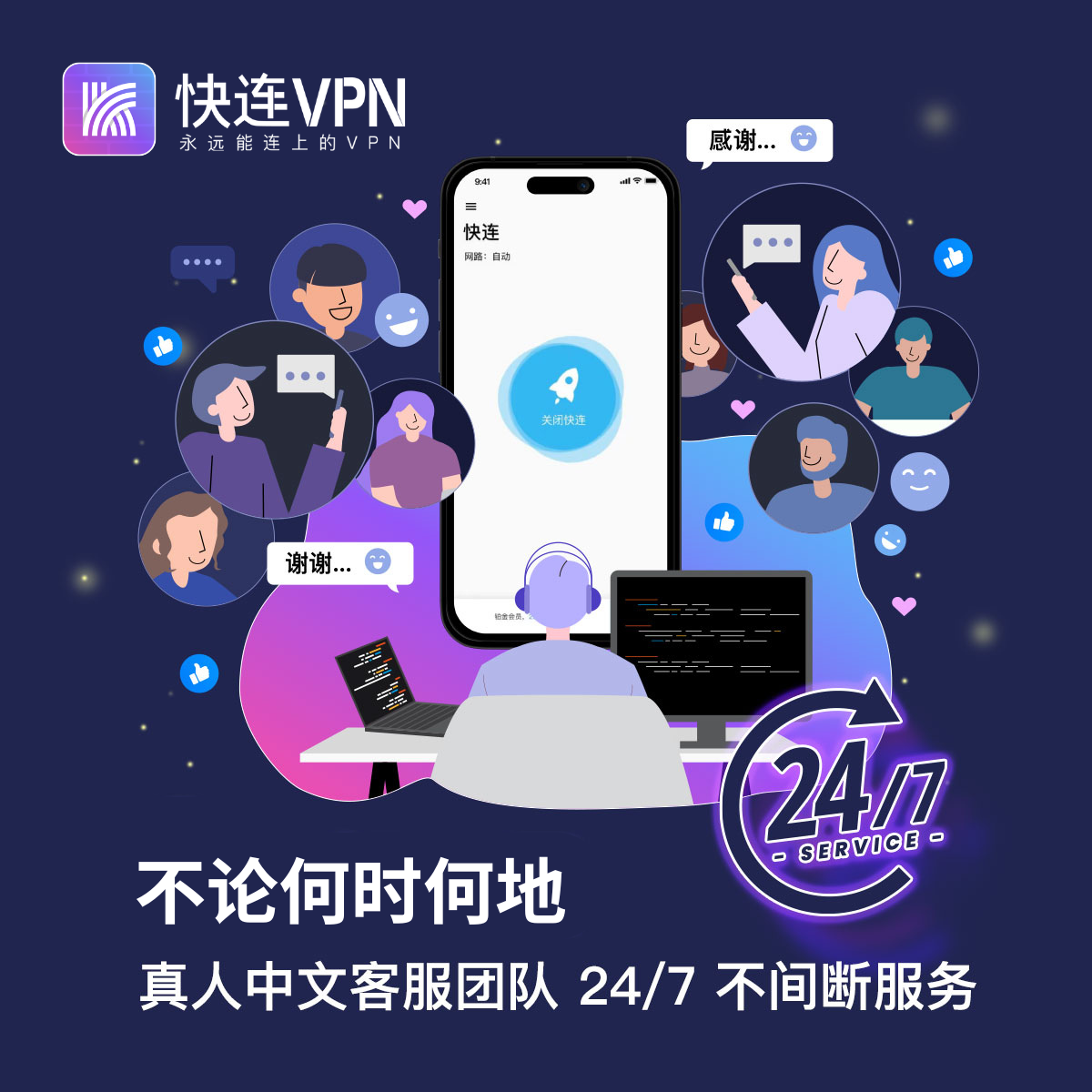

 Understanding the Absence of Public IP Addresses in Schools
Understanding the Absence of Public IP Addresses in SchoolsIn today’s digital age, having a reliable internet connection is crucial for educational institutions. However, many schools grapple with the challenge of not possessing public IP addresses. As an educator and tech enthusiast, I've often pondered this issue and how it affects our educational landscape.
What Does a Public IP Address Mean?
To dive deeper into this topic, let’s briefly unpack what a public IP address actually is. Unlike private IP addresses, which are reserved for internal networks and cannot be accessed from outside, public IP addresses allow devices to communicate over the internet. Think of it as your home address; it’s how the rest of the world finds you online.
Reasons Behind Schools Lacking Public IP Addresses
There are several reasons why schools may not have public IP addresses:
- Cost: Allocating resources for public IP addresses can be financially daunting for many schools, especially with constrained budgets.
- Security Concerns: Public IP addresses can expose school networks to potential cyber threats. Many institutions prefer to keep their networks shielded behind a firewall.
- Shared Connectivity: Some schools rely on shared internet connections, reducing the need for individual public IP addresses.
Benefits of Having a Public IP Address
While there are challenges, having a public IP address comes with its own set of advantages:
- Remote Access: With a public IP, teachers and students can access school resources and tools from anywhere.
- Easier Communication: Facilitates seamless communication between the school’s network and remote users, enhancing collaboration.
Enhancing Connectivity: The Role of VPNs
Now, while the absence of public IP addresses may pose challenges, there’s a silver lining! Virtual Private Networks (VPNs) can serve as a great alternative. VPNs allow safe remote access to school networks while keeping data secure. A tool I highly recommend is 快连VPN, which offers robust security features and user-friendly interfaces.
Conclusion
In summary, while many schools might lack public IP addresses due to cost and security concerns, exploring alternatives like VPNs can bridge that gap. As we advance in technology, it’s crucial for educational institutions to adapt and find solutions that benefit both educators and students.








